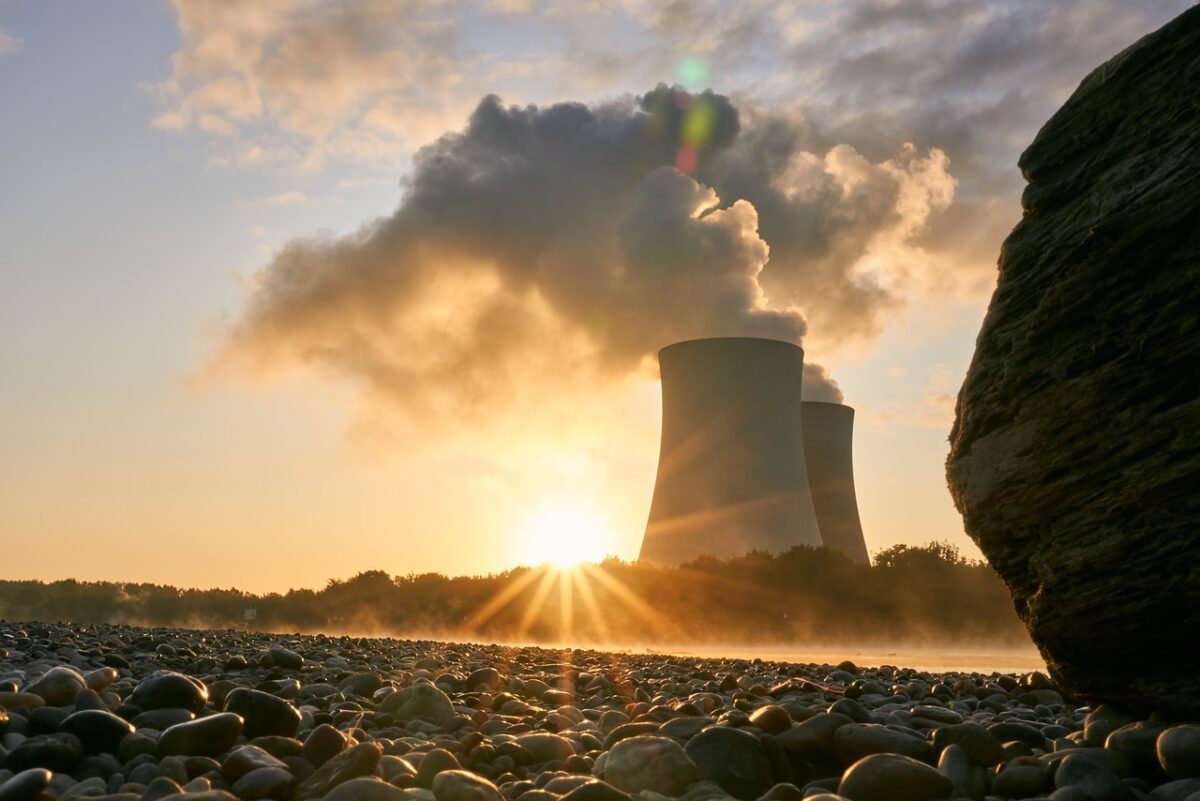- cross-posted to:
- technology@lemmy.world
Four points:
The profile of other is short spikes 5-100 hours a few times a year.
1 year of delay is equivalent to 20 years of exclusively using fossil fuels for “other”.
It’s not even obvious that adding nuclear reactors would reduce this because they’re so geographically and temporally inflexible. France has 63GW of nuclear capacity, <45GW of average load and 61GW of winter peak load with vast amounts of storage available via interconnect to hydro countries. They still use 5% gas on top of the rest of the “other” (which is about 10-25GW).
5% of other from gas adds about 20g CO2e/kg per kWh to the total. Less than the margin between different uranium sources.
Running 40% of the capacity 10% of the time puts your nuclear energy in the realm of $1-3/kWh. The list of ways of generating or storing 6% of your energy for <$1/kWh is basically endless.
That’s about 4-8TW of capacity worldwide. 1kg of uranium is good for fuelling about 750W of reactor on a 6 year fuel cycle. Loading those reactors would require digging up all of the known and assumed-to-exist uranium immediately.
Nuclear is an irrelevant distraction being pushed by those who know it will not work. You only have to glance at the policy history or donor base of the politicians pushing for it in Sweden, Canada, Australia, UK, Poland, etc etc or the media channels pushing it to see how obvious it is that it’s fossil fuel propaganda.
It is obviously obviously true that it’s a non-solution. It fails on every single metric. All of the talking points about alleged advantages are the opposite of the truth without exception.
I don’t know enough about the topic to have an argument against, just trying to educate myself. I am curious how you would respond to this person in another thread:
https://jlai.lu/comment/1510040
I assume your response would be essentially similar to your previous comment. That we can develop the battery tech and it would be easier just to use fossil fuels as a bridge anyway?




